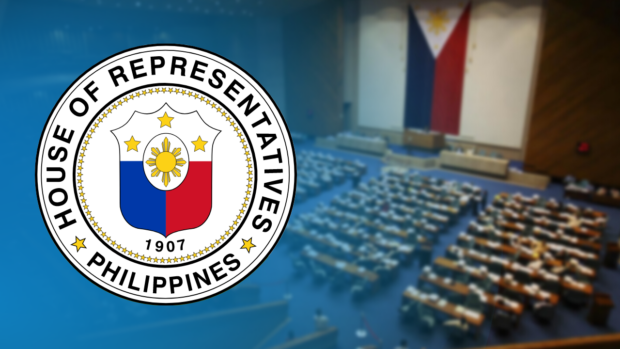‘Complexities,’ ‘resistance’ delayed magna carta for seafarers – solon

The complicatedness of the bill for the Magna Carta for Filipino Seafarers Act and the “resistance of some stakeholders to change” delayed its ratification into the law, says a House of Representatives legislator. INQUIRER FILES
MANILA, Philippines — The complicated web of the bill for the Magna Carta for Filipino Seafarers Act and the stubborn “resistance of some stakeholders to change” held up its ratification into the law, a legislator said.
According to Bohol 3rd District Rep. Kristine Tutor, the withdrawal of the bill is meant to guarantee that Filipino seafarers playing a vital role in the maritime industry receive the proper benefits and protection.
The House of Representatives on Monday approved House Concurrent Resolution No. 23, withdrawing the enrolled copies of Senate Bill No. 2221 and House Bill No. 7325 – for the Magna Carta for Filipino Seafarers Act – from the Office of the President.
President Ferdinand Marcos Jr. was supposed to enact the law, but its signing was postponed on Feb. 26 and then later the same day, came the resolution recalling the bill.
“The Magna Carta of Seafarers is a complex piece of legislation with even more complex underlying bases,” Tutor said in a statement Tuesday. “That is partly why it took so long. The other part is the resistance of some stakeholders to change.”
Article continues after this advertisement“Seafarers will soon have what is essentially a labor code for their sector, designed to give them end-to-end protection from the time they enter maritime school to when they retire from their profession,” she added.
Article continues after this advertisementAccording to the Presidential Communications Office, the bill is still under review. During discussions at the House, it was revealed, however, that one of the issues with the proposed law is the transfer of jurisdiction regarding seafarers’ labor disputes from the Department of Labor and Employment (DOLE) to the International Labour Organization (ILO).
Cagayan de Oro City 2nd District Rep. Rufus Rodriguez said such a transfer may be questioned as it undermines the ability of the country to settle disputes brought before its authorities.
READ: Magna Carta of Filipino Seafarers still under review – PCO
Tutor vowed to monitor changes in the bill, particularly on its coverage, as the original proposal provides benefits to all Filipino seafarers, whether working in the country or abroad.
“Contrary to prevalent misconception, the Magna Carta of Seafarers covers those who work overseas and here in our country,” she pointed out. “But not covered are fishing vessels, ships of traditional build, government ships not engaged in commercial operations, and warships, naval auxiliaries, and Coast Guard vessels.”
“It is, therefore, clear that the law covers domestic shipping and passenger vessels,” she added.
“On my part, I will keep a close eye on the crafting of the IRR because the exception on ships of traditional build could be the loophole some substandard and non-compliant vessel operators could exploit.”
“In my opinion, ships of traditional build should not include any motorized banca or boat whether for passenger or cargo. In my mind, the vessel is no longer traditional if an engine powers it,” she continued. — With reports from Barbara Gutierrez, intern